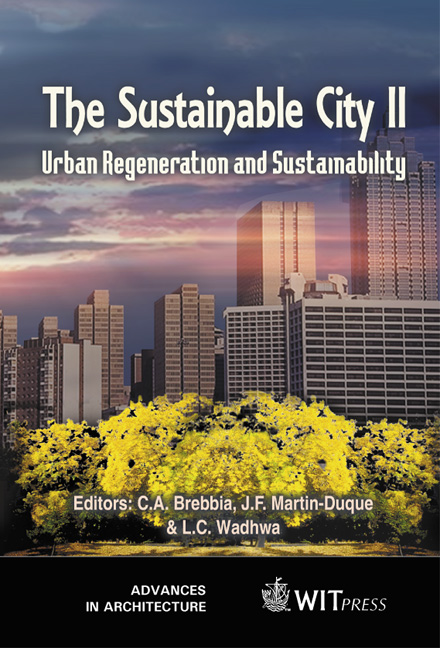The Operational Capacities Of Evaluation In Urban Regeneration Policies: Some Issues From Portugal
Price
Free (open access)
Transaction
Volume
54
Pages
Published
2002
Size
576 kb
Paper DOI
10.2495/URS020311
Copyright
WIT Press
Author(s)
I Breda-Vázquez, P Conceição & M Branco-Teixeira
Abstract
The aim of this paper is to contribute towards the debate on the methodologies and operational capacities of evaluation of urban regeneration programmes, within the Portuguese context, marked by an unintegrated diversity of intervention programmes and organisational structures. This unintegrated diversity of programmes and approaches underlines the existence of different and even conflictual meanings and options, regarding to the definition of: the problems of urban areas and its causes; the main agents involved and its institutional settings; the relationships between central and local authorities, etc. In this context, the ‘governance debate’ emphasizes the importance of the capacity of articulating agents and mechanisms of action, in a way that is both effective (dealing with the overall causes of the problems) and legitimate. One of the consequences of this preoccupation is the need to develop methodological instruments capable of discussing and assessing the different means and options involved, the effectiveness of the urban programmes going on and the ways its legitimacy is perceived. The paper, based on an evaluation of the possible contributions of the III Community Support Framework upon the processes of urban regeneration, discusses the possibility of constructing a framework of reference that incorporates these questions. It concludes with a discussion of the operational value of the methodologies prescribed, that is, the issues related to the use of evaluation and its capacity to identify or reveal relevant challenges, requiring public action.
Keywords





